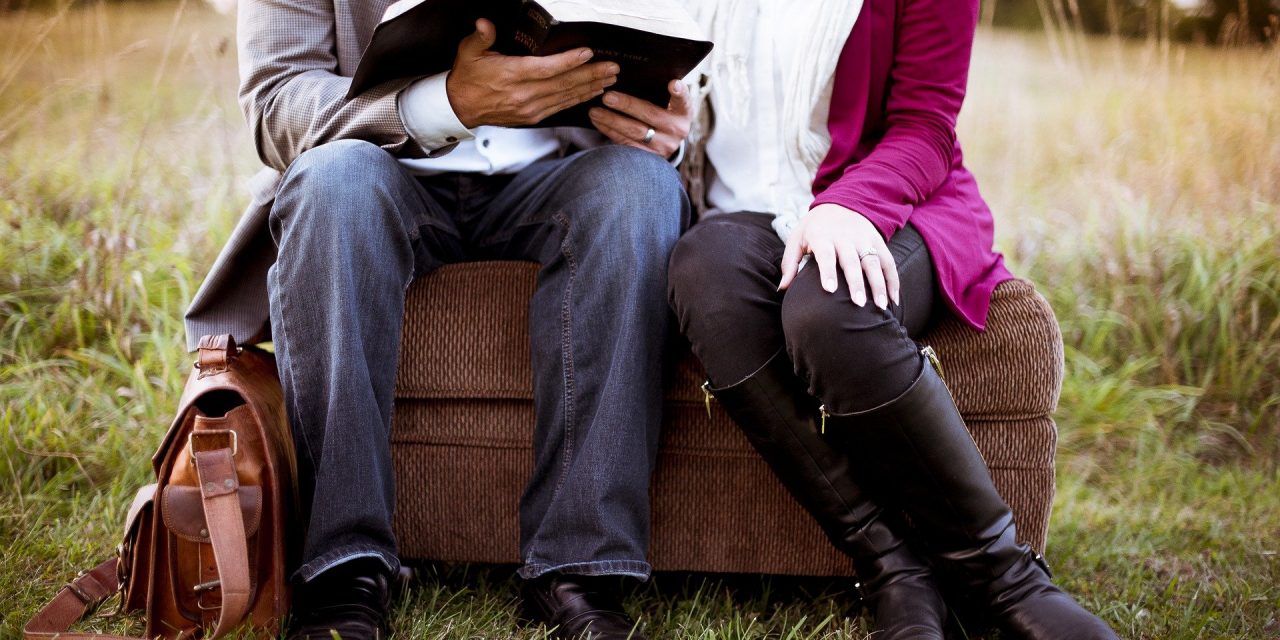Buying a home is one of the biggest financial commitments you’ll ever make – if not the biggest. It can be exciting but also a bit scary, especially if you’re not properly prepared.
Here is a checklist of five important things to do before you get a mortgage and buy your first home. Following these tips could help you to organise your finances to make getting the right mortgage a little bit easier.
Improve/check your credit rating
When you apply for a mortgage, the lender will look at your credit history. If it’s poor, they may refuse to offer you a mortgage. Alternatively, they may offer you a higher interest rate, which could cost you thousands of pounds more over the course of your mortgage.
That’s why it’s so important to check your credit record. Have a look through it and check whether any firms (for example, credit card lenders or your mobile phone service provider) have recorded anything incorrectly. For example, they may have recorded that you missed a payment when you didn’t. If they have made an error, contact them to discuss this.
In general, you should also try and build a good credit rating by borrowing responsibly and paying back what you owe on time and in full.
Work out how much you can afford
Have a look at your budget and see how much you could realistically afford to pay towards your mortgage each month. If you’re already renting you might use the amount you’re paying now as a rough guide.
Remember all the other costs you might have to pay for too, like bills, Council Tax, insurance (for example, buildings insurance), repairs and general maintenance. You’ll also want a comfortable amount left over per month, especially if you’re planning to have children or make other big changes in your life.
And you’ll need to find out how much a mortgage provider would actually lend to you. There are mortgage calculators available online that can give you a rough idea, but it’s best to discuss this with an expert mortgage adviser. As a rough rule of thumb, most mortgage lenders will offer you up to three or four times your annual salary.
Save up a sufficient deposit
Your deposit is one of the most important things your mortgage lender will consider. The bigger your deposit, the more likely you are to be accepted onto a mortgage – even if you don’t have the best credit rating. You’ll probably need to save up at least 10% of the value of the home you’re looking to buy, and the more you can save up, the better the deals you should be eligible for.
Look at the different kinds of mortgage
There are lots of different mortgages out there. Fixed-rate mortgages are straightforward because you’ll pay the same amount each month for a fixed number of years, regardless of what happens to interest rates. Traditionally the ‘problem’ with fixed-rate mortgages is that if the base rate falls, your mortgage will remain fixed at a higher rate. However, the Bank of England’s base rate has been at 0.5% for some time now, so it can’t fall much further.
Some people prefer ‘tracker’ mortgages, which track the base rate. The advantage of this is that if the base rate goes down, so will the rate on your mortgage – but if it goes up, your mortgage rate goes up too.
Bear in mind that your mortgage rate isn’t the only factor to consider. You should also compare the fees, as some mortgages come with lower rates but higher fees. If you’re not sure, you should get some expert mortgage advice.
Compare deals
No matter how much you can afford, or what kind of mortgage you’re looking for, it’s always worth shopping around and comparing deals.
You could find a broker (either online or otherwise) that could help you by comparing mortgages from a wide range of lenders.
A mortgage lasts for a long time and getting the right deal for you is absolutely vital. If you don’t, you could end up paying far more than you could have – and if you fall behind on your payments, you could be putting your home at risk of repossession.





